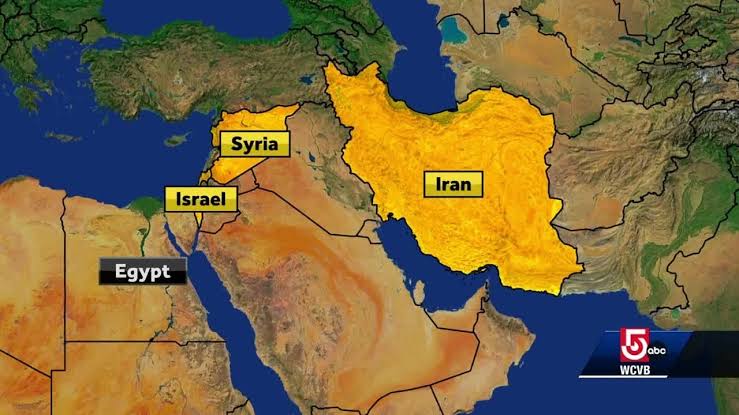Live Classes

The killing of Hassan Nasrallah, Secretary-General of Hezbollah, was one of the most consequential acts by Israel since the war in West Asia broke out on October 7, 2023. Hezbollah, which, under Nasrallah's three-decade long leadership, emerged as a parallel state in Lebanon, has been seen by the Israelis as their most powerful non-state enemy. Viewed by the U.S. as a terror group, it is also a central constituent in Iran's "axis of resistance", through which Iran projects its influence across the region. By killing Nasrallah, Israel has dealt Hezbollah a heavy blow and dented Iran's influence, but its cross-border attacks have killed and displaced thousands and crossed the brightest of Iran's red lines. The region has never been this close to an open war between Israel and Iran. When Israel launched its retaliatory war on Gaza after Hamas's October 7, 2023 attack on Israel, Nasrallah opened a second front by firing rockets into northern Israel. He wanted to keep some military pressure on the Israeli Defense Forces when the war on Gaza was killing tens of thousands of Palestinians. Israel played along with limited exchange of fire in return for Hezbollah's rockets when its focus was on Gaza. But after destroying much of Gaza, Israel turned its attention towards Lebanon, and then dramatically escalated the conflict, targeting Hezbollah's ground functionaries, its commanders and then Nasrallah.
Israel's declared objective in the north is to enable the over 60,000 people who were displaced by Hezbollah's rockets to return to their homes. Its strikes have weakened Hezbollah but not destroyed its missile capabilities. This means Israel could launch a ground offensive into Lebanon, seeking to push Hezbollah to the north of the Litani river and carve a buffer on the border. A ground offensive would displace and kill tens of thousands of people in Lebanon, which is reeling under deep economic pains. Israel's invasion of Gaza is yet to meet its declared objectives of destroying Hamas and securing the release of hostages. There is no guarantee that Israel would quickly meet its objectives in Lebanon. But Israeli Prime Minister Benjamin Netanyahu sees the crisis as an opportunity for Israel to degrade its non-state rivals even at the cost of triggering an all-out war with Iran. The U.S. publicly calls for ceasefires in Gaza and Lebanon, but these words do not carry any weight as the Biden administration continues to arm Israel. Iran, repeatedly provoked and pushed to the corner, has so far exercised relative restraint while Israel has gone on a blood-thirsty rampage. Iran might be tempted to respond to the Nasrallah killing with force. But Tehran should not give Mr. Netanyahu what he wants - an excuse to start a wider war in West Asia.
Download pdf to Read More